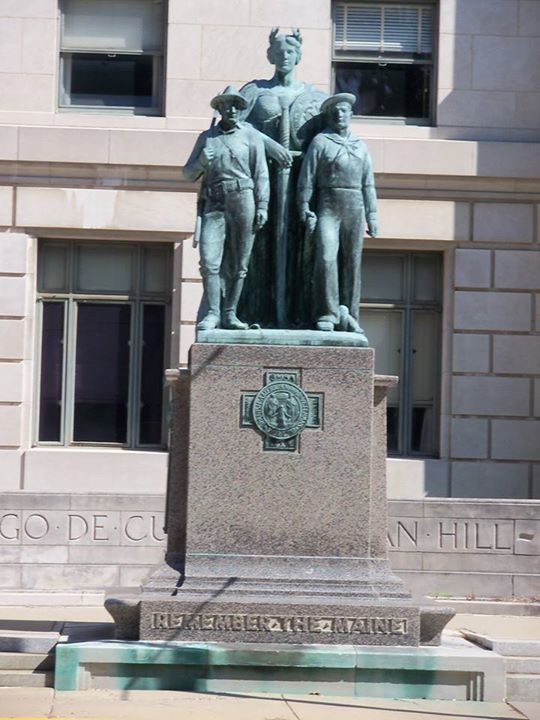
Tuesday, 24 February 2015
…by which also you are saved, if you hold fast that word which I preached to you—unless you believed in vain. 1 Corinthians 15:2
The difficult nature of Paul’s words have led many to assume that he is saying:
1) Our continued salvation is dependent on a work of our own will, and
2) That salvation can be lost if one fails to hold fast to what was preached
In other words, this verse is used as a denial of the doctrine of “eternal salvation.” This is not the case. As Ellicott notes, “The idea here is not, as implied in the English version, that they were converted, and yet that heretofore no results have followed from their belief…” Rather, Paul will explain exactly what he means in verse 11, which says –
“Therefore, whether it was I or they, so we preach and so you believed.” (verse 11)
There has been belief and there has been forgiveness because of the gospel message. Paul’s intent here in verse 2 is similar in meaning to what he will say in verse 17 –
“And if Christ is not risen, your faith is futile; you are still in your sins!” verse 17
And so the best avenue is to look at verses 1 and 2 together and then analyze verse 2 –
“Moreover, brethren, I declare to you the gospel which I preached to you, which also you received and in which you stand, by which also you are saved, if you hold fast that word which I preached to you—unless you believed in vain.”
In verse 1, the gospel was preached and it was received. It is also the truth in “which you stand.” This is the gospel “by which you are saved.” The words “are saved” indicate a done deal. It is the moving from Adam to Christ and the spiritual rebirth which was anticipated since the fall of man. From there it says, “if you hold fast that word which I preached to you.” The essence of this difficult portion is speaking of a possibility (not a reality) that someone heard and didn’t believe. The message didn’t sink into their minds in order for them to “hold fast” to it.
It is being given as a possible scenario for someone who sat among the believers (and he has noted that they “received” the gospel) and didn’t bind the truth of the gospel to the saving of their soul. However, for those who did, the gospel is perfectly able to save and keep on saving, “unless you believed in vain.” These words are again not saying that someone first believed and then didn’t believe. Instead, it is, like verse 17 (cited above), a hypothetical statement. In essence, “yes you believed, but the message that you believed isn’t true and therefore you aren’t saved.”
Paul is attempting to get the Corinthians (and thus us!) to wake up to the fact that our very conduct in the church is to be based on the fact that we are saved. If we are, we have a hope which is grounded in reality. If it is grounded in reality, then we should act as if it is so. Chapter 15 has taken on a new direction, but it is still an orderly move from Chapter 14, which highlighted the disorder within the church.
If we have believed in vain, then our conduct doesn’t matter. But we have not believed in vain. Instead, we have believed in the gospel and therefore our conduct should be based on that.
Life application: If you were saved by the blood of Christ, you are saved by the blood of Christ.
Lord, I so love the world we live in which You have given to us. I thank You for the astonishing array of beauty, smells, sights, and tastes which flood my life each day. And yet, I so despise the world which we have made. There is war, death, hatred, perversion, and contempt for Your word. Help me to focus on what You have given, work against the wrong we have established, and keep me reminded of the perfection that lies ahead of me when Christ returns. I look forward to an eternal walk in Your heavenly garden. Amen.
